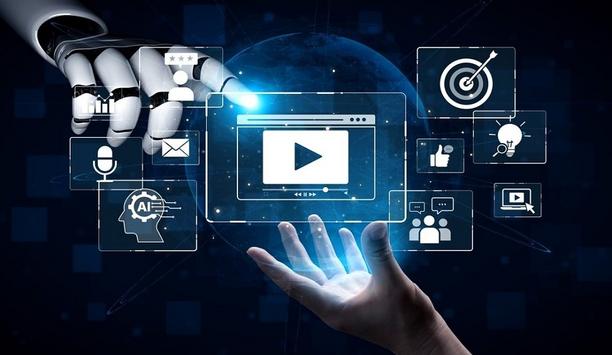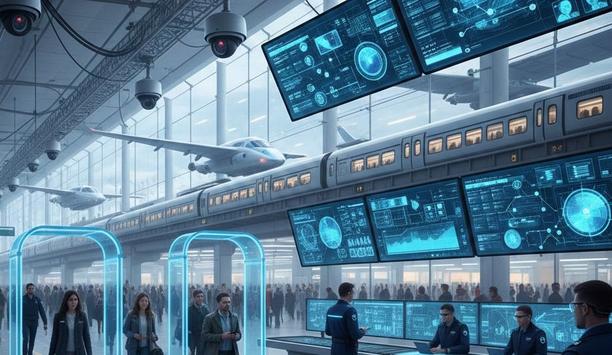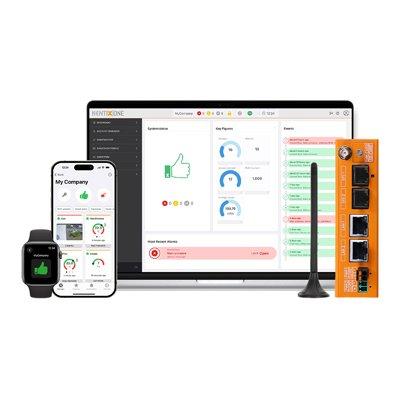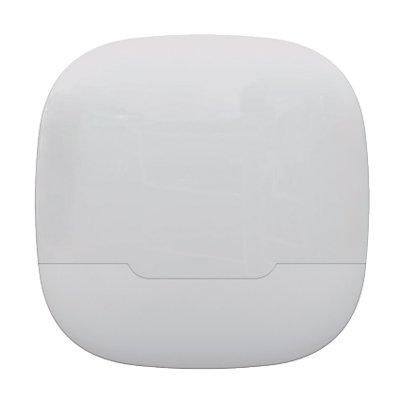9 in 10 (90%) of Chief Security Officers (CSOs) at large, businesses operating in the UK agree that Artificial Intelligence (AI) will have the biggest impact on physical security operations over the next five years, according to G4S.
The finding comes from G4S’s first-ever ‘World Security Report’-a survey of 1,775 Chief Security Officers from 30 countries with total revenue of more than $20 trillion USD. G4S has published the findings ahead of the UK hosting a two-day AI safety summit at Bletchley Park this week.
Technological advancement
Most likely to invest in over the next five years to improve its physical and cyber security operations
A third (33%) of UK CSOs said AI and machine learning is the technological advancement that their company is most likely to invest in over the next five years to improve its physical and cyber security operations.
One-fifth (21%) of companies surveyed intend to be using AI and machine learning in their security operations in the next 12 months, a 61% increase compared with those that are already using this type of technology.
Evolution of Artificial Intelligence
Noah Price, G4S Academy’s International Director, said: “The evolution of Artificial Intelligence is such a new phenomenon but the benefits it is having on physical security is already visible at this early stage. Over 80% of World Security Report respondents agree that AI is augmenting the capabilities of security staff and making them more efficient in their roles."
“Two of the biggest benefits it is bringing is that it can find patterns in vast amounts of data which people cannot and this is game-changing, and it can spot abnormal trends to predict threats and weaknesses in a security plan. AI is also great in detection, where the work would be time-consuming or mundane for a person."
Cyber-related threats
90% of the respondents agreed that cyber-related threats are risking their physical security
Price added: “Due to its infancy, there are also risks and threats that CEOs and CSOs need to factor into their security operations before leaping headfirst into uncharted AI waters. With AI software developing and learning at such a pace we need to ensure it does not expose vulnerabilities businesses didn’t realise were there.”
90% of the respondents agreed that cyber-related threats are threatening their physical security systems. In the UK, this is higher, at 94%.
Physical security operations
Price continues: “Cyber and physical security are increasingly interlinked, and too much of a reliance on AI, when we don’t know enough about it or how to harness or rein it in, could potentially compromise physical security at the same time."
“My advice to businesses who are looking to rush out and integrate AI into their physical security operations is to pause and ensure that the AI capabilities are thoroughly tried and tested before being implemented at scale.”
Learn why leading casinos are upgrading to smarter, faster, and more compliant systems
























